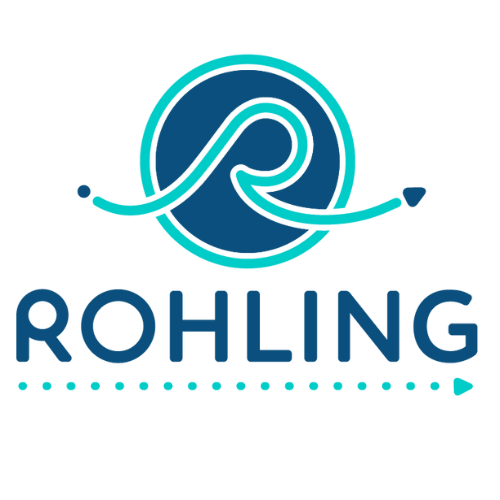Healthcare business development is an intricate process that demands a balance between economic success and the fundamental principles that underpin the healthcare industry. As the guardians of health and well-being, healthcare organizations must prioritize compassion, human dignity, innovation, purpose-driven messaging, brand promise & realization, integrated marketing, H.U.M.A.N. leadership, customer experience, collaboration, sacredness of life, and patient outcomes. In this blog, we delve into these essential components that shape a holistic and compassionate approach to healthcare business development.
Compassion and Human Dignity
Compassion lies at the heart of healthcare business development. Caring for patients with empathy, sensitivity, and understanding fosters a profound connection between healthcare providers and those seeking care. By treating every individual with respect and preserving their human dignity, healthcare organizations create a nurturing environment where patients feel valued and supported.
Innovation
The healthcare landscape is continuously evolving, and embracing innovation is paramount to remain at the forefront of advancements. Implementing cutting-edge technologies, research-driven practices, and progressive healthcare solutions can transform patient care and drive better outcomes.
Purpose-Driven Messaging
Effective communication is essential for healthcare organizations to establish a strong connection with their audience. Purpose-driven messaging that aligns with the organization's mission and values allows patients and stakeholders to comprehend the profound impact the organization seeks to create.
Brand Promise & Realization
A healthcare organization's brand promise reflects its commitment to providing exceptional care and services. The realization of this promise involves aligning the organization's actions with its core values. By delivering on their brand promise consistently, healthcare businesses build trust and credibility with patients and the community.
Integrated Marketing
Integrated marketing strategies are vital to effectively reach and engage with target audiences. Utilizing a combination of traditional and digital marketing channels enables healthcare organizations to amplify their message, extend their reach, and foster meaningful connections with patients.
H.U.M.A.N. Leadership
Human-centric leadership emphasizes a holistic approach to leading healthcare organizations. H.U.M.A.N. leadership, which stands for "Health Review of Processes, Uncovering Insights, Maximizing & Developing Relationships, Achieving Clarity, and Nurturing Growth" prioritizes the well-being of employees and promotes a positive work culture. Such leadership inspires and motivates teams to provide the best possible care to patients.
Customer Experience
Exceptional customer experiences are central to healthcare business development. From the first point of contact to post-treatment follow-ups, every interaction with patients should be personalized, empathetic, and attentive to their unique needs. Positive customer experiences build trust and loyalty, encouraging patients to seek care from the same organization in the future.
Collaboration
Collaboration is the cornerstone of healthcare business development. Working together with other healthcare providers, professionals, and community partners facilitates the exchange of knowledge, resources, and expertise. This collaborative approach enhances patient care, fosters innovation, and tackles complex healthcare challenges more effectively.
Sacredness of Life
Healthcare business development cannot overlook the profound value and sacredness of life. Embracing this principle serves as a reminder that each patient's life is unique and should be treated with the utmost care, respect, and sensitivity.
Patient Outcomes
The ultimate measure of success for any healthcare organization lies in the patient outcomes. Striving for improved health and quality of life for patients through evidence-based practices, preventive care, and patient-centered approaches should always be the primary objective.
Healthcare business development is an intricate journey that requires a deep appreciation for the sanctity of life and the core principles of compassion, human dignity, and purpose-driven initiatives. By integrating innovation, integrated marketing, H.U.M.A.N. leadership, and collaboration, healthcare organizations can enhance customer experiences, strengthen their brand promise, and achieve exceptional patient outcomes. Embracing these components ensures that healthcare business development remains true to its purpose: to serve and protect the health and well-being of all individuals with empathy, compassion, and dedication.
